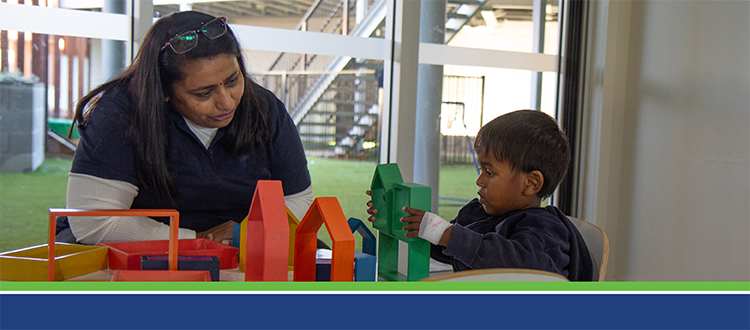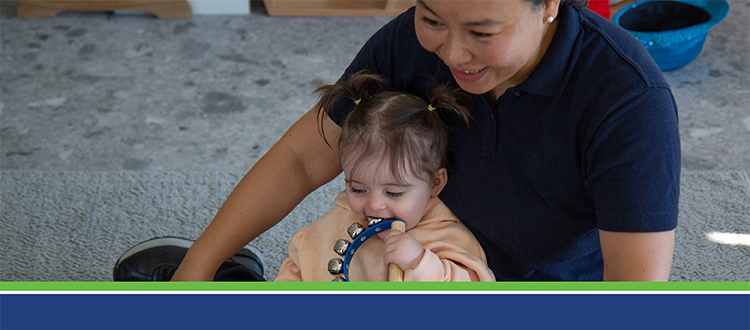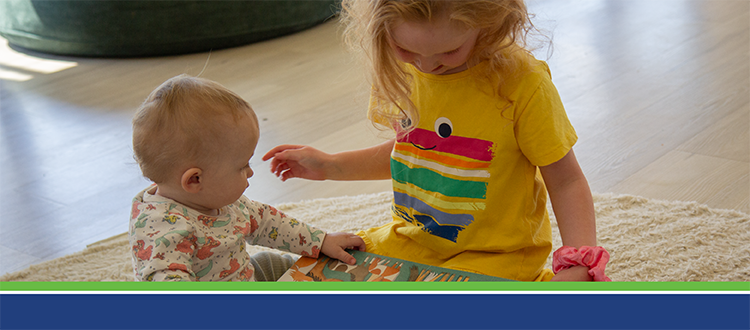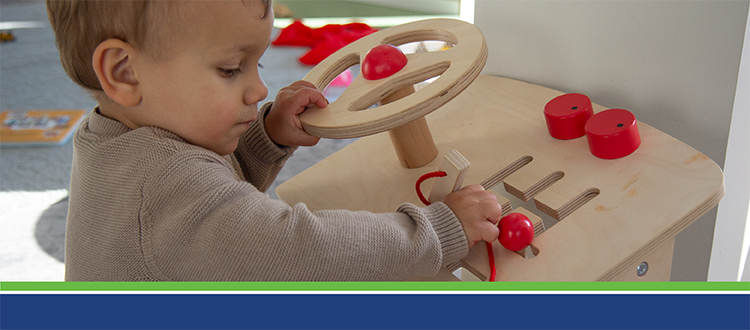
In this course, you will be introduced to the 6Rs Framework, which has been designed to help you better understand and respond to children’s behaviour. The Framework was developed in response to the increasing rates of challenging behaviours that have been reported by educators, and also in response to the need to identify alternate ways of supporting children, particularly at times of challenge or stress. The 6Rs to supporting children's behaviour captures key understandings and practices that underpin effective pedagogy and behavioural support for young children.

In this course, you will explore two key components of the 6Rs Framework to support children’s behaviour: relationships and respect. We know that children flourish when they’re in the context of reciprocal, responsive and respectful adult–child relationships. In this course, you will unpack key components of effective teacher–child relationships and appreciate the need to attune our behaviours to children’s needs. You will think deeply about how you demonstrate value and respect for children, and the importance of building trust and connection with their families.

In this course, you will develop a clearer understanding of two key components of the 6Rs Framework: regulation and routes. You will learn what self-regulation is and its foundational importance in children's learning and development, as well as how it shapes their wellbeing. You will explore the different domains of self-regulation and how these interact to impact children’s behaviour.

In this course, you will explore the final two components of the 6Rs Framework: responses and research. You will discover the need for evidence-based practice and the importance of having an ongoing commitment to critical reflection. Research underpins each key component of the 6 Rs framework, but the ‘r’ for research is a reminder of how important it is for you to draw on your practices that we know actively support children developing self-regulatory capacities.
Research empowers your practices and decisions and ensures you have a credible voice. It helps you to have those difficult conversations that sometimes you need to have with colleagues and families. Research also gives you confidence in your pedagogical decisions and ensures that the practices that you’re implementing are going to benefit children.